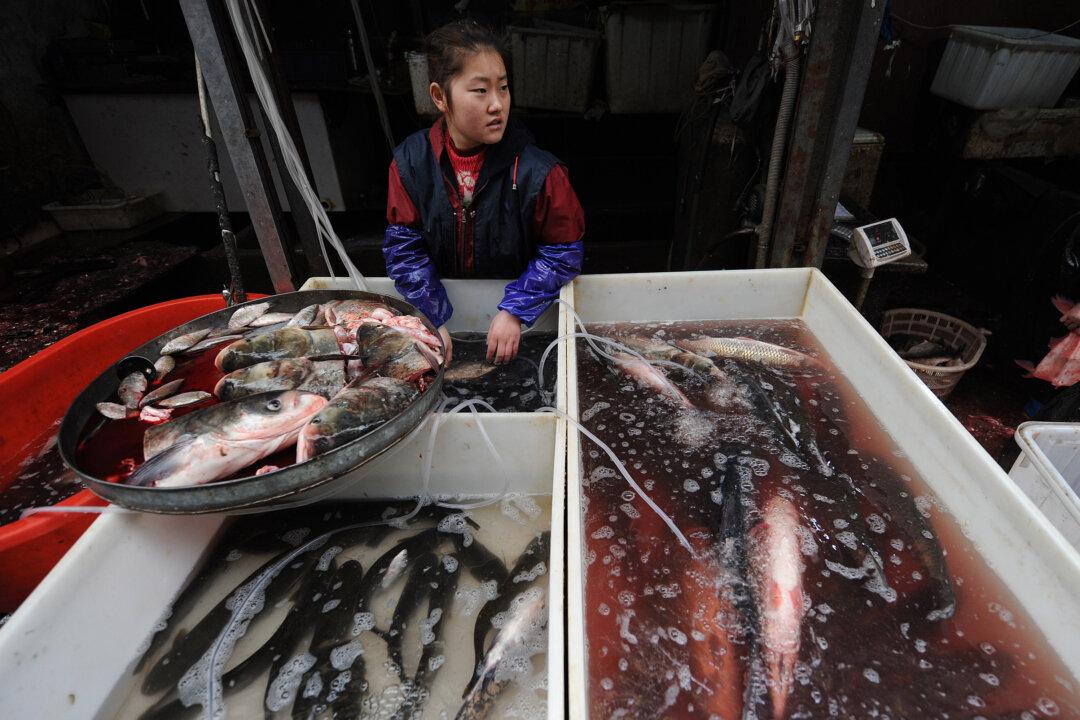WASHINGTON—Senior House of Representatives Democrats on Dec. 19 asked the U.S. International Trade Commission to investigate the impact on the economy of “unfair competition” from illegal, unreported, and unregulated (IUU) seafood imports from China and elsewhere.
Such imports account for up to 31 percent of the global catch of fish, at an estimated value of $23 billion, House Ways and Means Committee Chairman Richard Neal and fellow committee member Earl Blumenauer said in a letter to the ITC.





